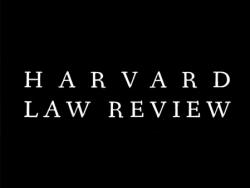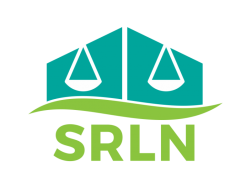Document Author
Year Published
Topic
- (-) Remove Constitutional Issues filter Constitutional Issues
- 100% Access to Justice (5) Apply 100% Access to Justice filter
- Articles & SRLN Briefs (2) Apply Articles & SRLN Briefs filter
- Courts (2) Apply Courts filter
- Judges (2) Apply Judges filter
- Simplification (2) Apply Simplification filter
- Triage (2) Apply Triage filter
- Ethics Education (1) Apply Ethics Education filter
- Forms (1) Apply Forms filter
- Forms (1) Apply Forms filter
- Human Centered Design (1) Apply Human Centered Design filter
- Judicial Ethics (1) Apply Judicial Ethics filter
- Justice for All (1) Apply Justice for All filter
- Remote (1) Apply Remote filter
- Reports, Evaluations, Best Practices, Surveys (1) Apply Reports, Evaluations, Best Practices, Surveys filter
- Research (1) Apply Research filter
- Self-Help Centers (1) Apply Self-Help Centers filter
- Trial Court Self-Help (1) Apply Trial Court Self-Help filter
Tags
Post date
Search results

Case: Faretta v. California (U.S. Supreme Court 1975)
This case rules that an individual has a constitutional right to self-representation. While decided in the criminal context, the footnotes are especially relevant as we consider today the rights and responsibilites of pro se litigants in civil matters and ...
Article: Turner v. Rogers- Improving Due Process for the Self-Represented (Zorza 2012)
Article by Richard Zorza on the U.S. Supreme Court’s decision in Turner v. Rogers (2011) and how courts should see this decision as an opportunity to improve their services and programs for self-represented litigants. Recommended Citation: Richard Zorza, ...

Case: Turner v. Rogers (U.S. Supreme Court 2011)
This case begins to define a trial court's constitutional obligations to self-represented litigants. Much has been written about this case, some of which is included on srln.org. Please use the search feature to find additional resources. This case a ...

Note: Sixth Amendment Challenge to Courthouse Dress Codes (Harvard Law Review 2018)
Courthouses with dress codes require the public to conform to particular standards of attire in order to enter. They may be specific — for example, refusing entry to people wearing shorts, tank tops, hats, or clothing with writing or logos — or general — ...

Comments: SRLN Comments to Proposed Court Rule Changes in Florida on Technology Integration (SRLN 2021)
On July 1, 2021, the Florida Supreme Court appointed Workgroup on the Continuity of Court Operations and Proceedings During and After COVID-19 filed a petition to amend the Florida Rules of Civil Procedure, Florida Rules of General Practice and Judicial A ...